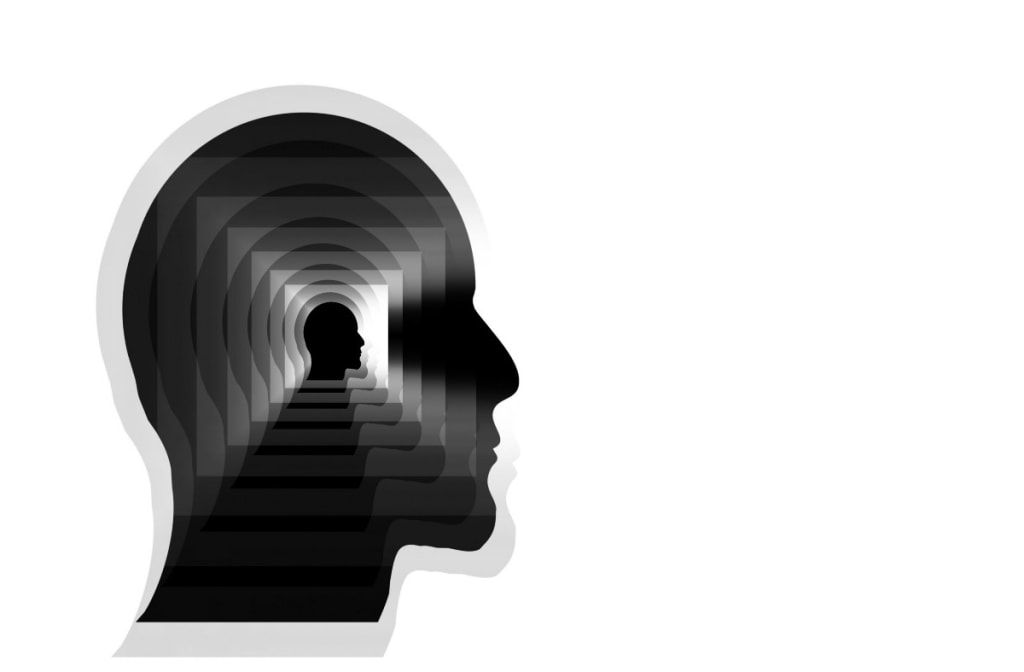Conflict Delayed Is Conflict Multiplied
Surprisingly enough, the multiplicity principle does apply here

Conflict Delayed Is Conflict Multiplied
This saying shook me to my core the moment I read it on Youtube that Dr. Jordan Peterson posted.
For someone whose life passed by avoiding conflicts every time, this may come as poison.
Being an introvert and that too lying on the rightmost side on the Agreeableness spectrum, I've always struggled with confronting my own issues. I've always fled from or at least tried to avoid conflicts.
Accepting this now is not easy for me but as they say, acceptance is half solved. At least I'm owning my nature.
So without further ado, let's dive deep into this issue of avoiding our own conflicts in life. Why we do it and what's the solution?
But before that, we'd have to understand what's the accurate weightage of conflicts, problems, and suffering in our lives.
Scope of conflicts in our lives
Human life is a multivariate equation. There are a lot of variables that go into the making of an optimal life. Some of these variables are inevitable, others are non-desirable.
Conflicts and the suffering that comes complementarily with them is one of the variables that are certain to happen in life. They have to happen no matter what. Period.
Upon closing your eyes on them won't help you rid of them.
Now that conflicts are such an inevitable major portion of our lives, what's the reason that we are not willing to confront them happily and almost always try to delay and avoid them?
Why we delay conflicts?
You probably would have heard of the fight or flight response. It's kind of a reflex reaction that is being carried out by a subset of your Peripheral Nervous System called the Sympathetic Nervous System.
Another type of system called the Asympathetic Nervous System comes into play to calm you down as soon as the conflict either resolves or it, at least, gets away from your eyes.
Fight or Flight mode activates when you are confronted with a conflict. Your Sympathetic Nervous System does all the calculations behind the scene that needs to be done to make a decision on whether to fight against the conflict at hand or to fly away from the vicinity of the conflict.
This flight mode is our topic of discussion here in this piece.
Scientists say flight mode activates as soon as we are confronted with the type of challenge, threat, or conflict that is clearly bigger than our skill set or surpasses our endurance and resilience in any way.
Avoidance of conflicts in your mundane life is the product of this flight mode. Chances are you'd flee off of a problem at hand if you've fled something of the same nature in the past. This type of behavior is, what Sigmund Freud, called Repetition Compulsion.
Freud famously defined Repetition Compulsion as "the desire to return to an earlier state of things."
You, as a human being, seek comfort in the familiar. It's a natural instinct that every human being follows.
So the probability is high that you'd repeat, subconsciously, that same reaction towards a certain problem that has happened a year ago.
What happens when you delay conflicts?
The obvious happens. As you know that avoidance, for the time being, leads to the growth of the problem at hand.
It's like when you take a week off from the bundle of files at your desk but when you return after a week, the stack has grown higher.
The same conflict bumps in your way with a bigger size and in an uglier shape. That you don't want to look at it.
What's the solution?
Conflicts are stressful. They give you anxiety. But avoiding them is not the optimal solution at all.
Discipline and order in life is the solution. Taking responsibility for what happens in your life is the solution.
You'd have witnessed people with flight personalities in almost every walk of life. And you'd have probably seen their quality of life. They are like children but bigger in size. Dr. Jordan Peterson calls them grown-up children. And if you are one with this type of attitude, you'd know the consequences very well.
Although discipline and taking responsibility is a big and heavy thing to do. But it's the right thing to do. It's a long way to journey upon. It may not be able to solve all your problems right away but you'd experience a clear incremental positive difference in your life once you take the turn of responsibility and discipline.
Discipline and individual responsibility are the only way to bring order in your life. And order, as Professor Jordan Peterson says, is the antidote to chaos.
If you liked what you read, I'm sure you'd like my other pieces on such interesting topics in Medium @Sheharyar Mumtaz.
For a personal sneak in, stalk me in:
Instagram @Sheharyar Mumtaz
Twitter @Sheharyar Mumtaz
About the Creator
Sheharyar Mumtaz
An introverted soul on the quest of Exploration and Answers






Comments
There are no comments for this story
Be the first to respond and start the conversation.